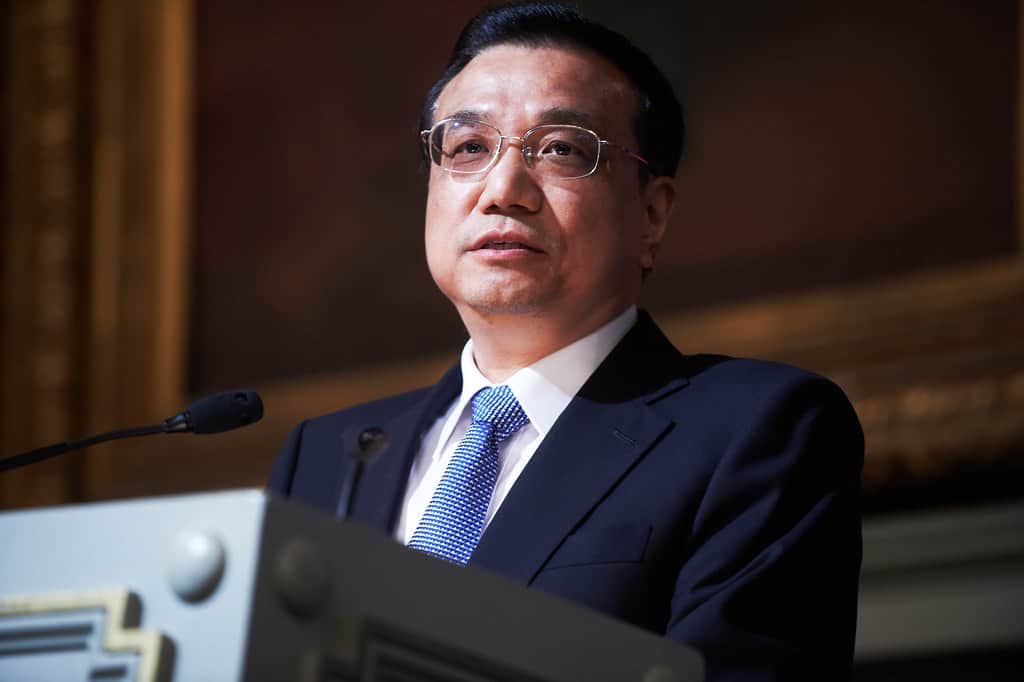The head of the Australian central bank says he is “optimistic” about the ability of the Chinese government to contain vulnerability and risk in the financial system.
In a speech delivered on Wednesday evening at an event hosted by the Australia-China Relations Institute in Sydney, Philip Lowe, Reserve Bank of Australia (RBA) governor, said that the Chinese banking system remained vulnerable to crisis following a surge in debt levels.
Analysis conducted by RBA officials indicates that shadow banking accounts for around 45% of China’s total debt, as compared to 25% a decade ago, while total debt has risen to 260% of GDP.
According to Lowe this debt surge is distinct from that of other countries, and “what has happened in China is quite different to the normal pattern.”
Lowe points out however that Beijing is well aware of the problem and adopting measures in advance to forestall financial upset.
“Risk has become a priority of the Chinese authorities…the Chinese authorities have managed the task of keeping the economy on a reasonable growth trajectory for quite a few years.
“I’m optimistic they will continue to do that.
“Many other countries have had to address the problems in the financial system during a crisis. The Chinese are doing it beforehand.”
Lowe nonetheless points out that expediting a shift in China’s economic growth model and a sustainable reduction in debt levels will remain a fraught undertaking for the central government.
“It is too early to tell whether the authorities will be successful in managing the transition from a growth model heavily dependent upon the accumulation of debt to one where credit is less central.
“It is a very significant task. The experience of other countries suggests caution and, elsewhere, there have been serious accidents along the way.”
Lowe cites the experience of the Australian financial system and the problems it encountered as a result of overly rapid deregulation.
“As some of the regulations were eased and more things became permissible, we too saw new institutions emerge – just has been the case in China – to sidestep the regulations that remained.
“In our case, this did not end well! This helps explain why we are watching things in China so carefully.”
Lowe points out that China’s policymakers have demonstrated a strong determination to pursue reform measures over the long haul.
“A decade ago, many outside observers were sceptical that the Chinese authorities would undertake reforms across many of these fronts.
“Yet they have made significant progress. Despite this progress, there is still much to be done before the Chinese financial systems look lil financial systems we see in the advanced economies.”
Lowe also took the occasion to warn of the perils of an overly rapid liberalisation of China’s capital account, chief amongst them a surge in asset prices abroad.
“If Chinese citizens can buy and sell foreign assets just like you or I can that will have really profound implications for global capital markets.
“We see evidence at the moment in some countries where Chinese citizens have wanted to buy property assets and that’s forced up property prices.
“That’s been manageable but if it were on a much larger scale — which it conceivably could be — it would be problematic.”



